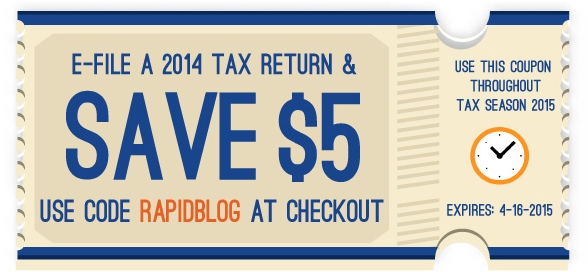2014 Short Term Capital Gains are taxed as “ordinary” income
As of 2013, individuals earning an income of $450,0001 and over saw an increase in the capital gains tax rate. For this group, long term capital gains tax rate jumped from 15% to 20% while the short term 2013 capital gains tax rates increased by 4.6%.
Check out part one of this article, to learn about long term capital gains. Keep reading for more on short term capital gains and how they relate to filing your taxes.
What are short term capital gains?
A Capital gain is a profit made from selling any asset when the sale price exceeds the purchase price.
The capital gains clock begins the day after you acquire the asset until the day you sell it (this includes day you sell it). Depending on how long the capital gain is held for will determine if it falls into the short-term category or long-term.
Short term capital gains are capital gains held for one year or less. On the other hand, long term capital gains are held for more than one year.
Short-term capital gains:
- Held for one year or less
- Taxed just like ordinary income is taxed
- Taxed depending on your income tax bracket
What are the tax rates for 2014 Short-term capital gains?
As of the 2013 capital gains tax rate changed for those making $450,001 and over in income, an increase of 4.6%. It’s also important to note that the tax rates for short-term capital gains are the same tax rates which apply to your ordinary income.
For single filers, 2014 tax rates are as follows;
- Income $9,075 or less: 10%
- $9,076 to $36,900: 15%
- $36,901 to $89,350: 25%
- $89,351 to $186,350: 28%
- $186,351 to $405,100: 33%
- $405,101 to $406,750: 35%
- $406,751 or more: 39.6%
Tips on how to save:
In order to avoid paying a lot of short term capital gain taxes, you may want to do some of the following:
- Move to a Tax-Friendly State: Some states don’t have an income tax, meaning your taxes won’t be as high as they would be in a state that does tax. Tax friendly states include Florida, Nevada, Texas, Alaska, South Dakota, Washington and Wyoming.
- Know what you lost: When filing your taxes, be sure to include losses. The losses will offset any gains, meaning a lower tax.
- Hold securities longer: Long term tax rates are smaller than short term tax rates. Therefore, it makes more sense to hold appreciated securities for longer than a year before selling.
What Forms do I fill out to report my capital gains?
Those who have capital gains (or losses) might have to file these forms on their tax return:
- Schedule D (Capital Gains and Losses)
- Form 8949 (Sales and other Dispositions of Capital Assets)
Rather than filling out these forms, you can report your capital gains and losses while filing your tax return on RapidTax
Don’t waste time trying to calculate your capital gains yourself. Instead, use the RapidTax online tax software and complete your taxes within minutes!
Photo via 401 (K) 2012 on Flickr



